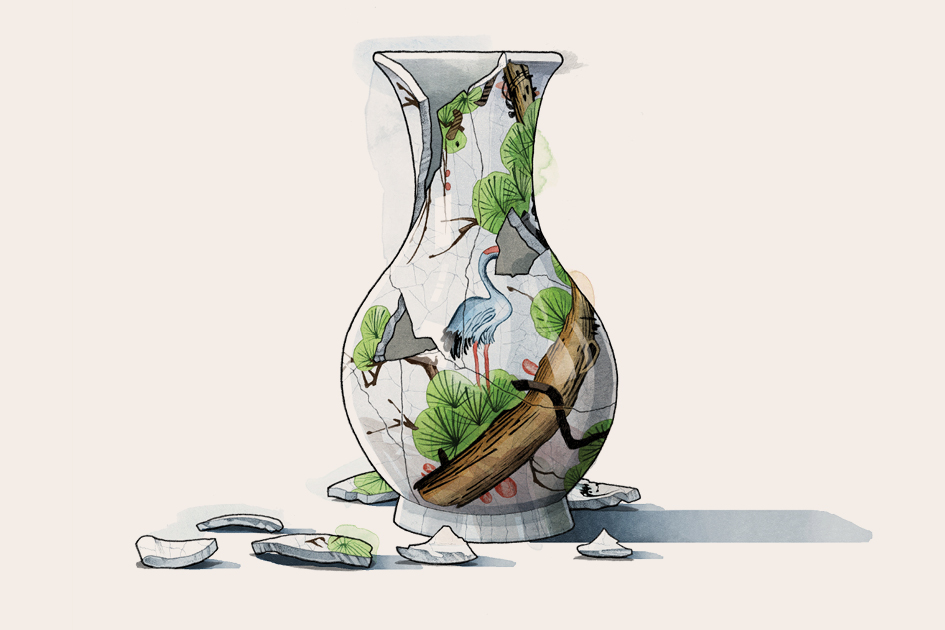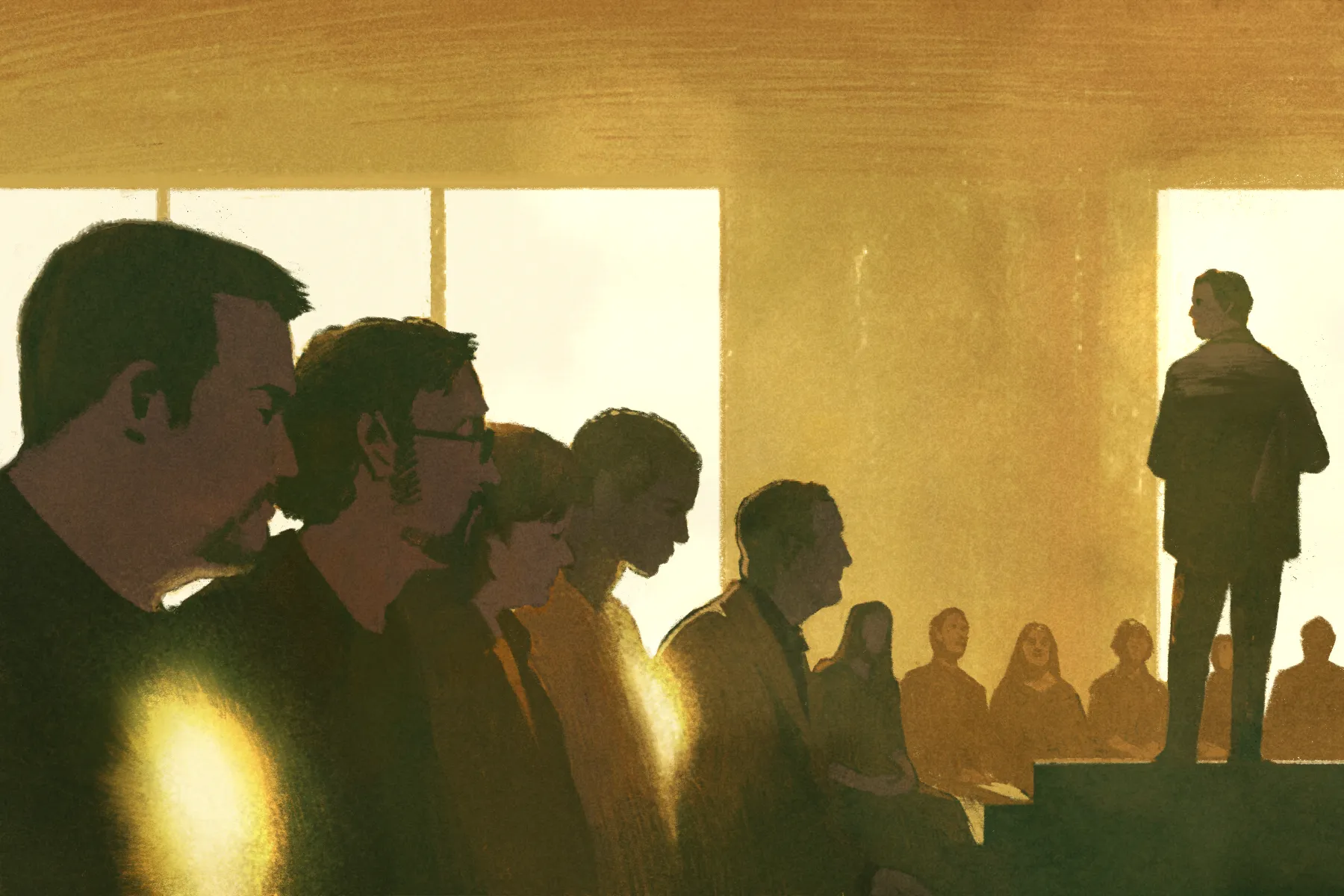I’ve spent countless hours of my life trying to appear important. For some reason, many of us feel driven to impress others with our connections, our experiences, even our vocabulary. But the more you say about yourself, the less impressive you become. And as you prattle on, your listener becomes increasingly aware of both your pride and your desperate need for attention. It’s all rather humorous, when you think about it. 
In a similar way, we can become puffed up by our spiritual experiences and knowledge. So much so that it’s easy to launch into a prayerless day, filled with good intentions yet not centered on God’s presence and power. This is why we become drained, frustrated, and disheartened. And the more we try to handle on our own, the less effective we become. Like a car stuck in the mud, its tires spinning.
In his message “God’s Pathway to Brokenness,” Dr. Stanley says, “We all have that desire still within us to act independently of God. I don’t care how committed we are to Christ. There are times when we desire to act independently of God and have our way. Brokenness is God’s way of dealing with that.”
Thankfully, Christ takes delight in reorienting us. He turns our eyes to Him so that our path is made straight, the road clear for travel. Having done that, He doesn’t wave us along with a pep talk and a promise to be just a prayer away. No, He remains. And we aren’t called to impress Him or to show how far we can go this time. Rather, we are urged to take His yoke, keep close, and lean in with full dependence.
God doesn’t wave us along with a pep talk and a promise to be just a prayer away. No, He remains.
Even Paul had to be redirected by the Lord. The apostle’s thorn in the flesh was a reminder that his ministry was not fueled by his sufficiency or insights, or even the incredible visions God gave him. No, he was effective only because of Christ’s power within him. That’s why he says so plainly that this thorn was “to keep me from becoming conceited” (2 Cor. 12:7 NIV). And what good would a conceited apostle be?
While the thorn may have been any number of things—a physical malady or even the persistent attacks of accusers—knowing what the irritant was matters less than realizing what it was for. Despite Paul’s fervent prayers against it, God used the thorn for His glorious purpose. He molded and humbled Paul so that we could see more of Christ. And so that Paul could rejoice in his weakness and express the wonderful joy of God’s strength in every situation.
We have an intimate and forever connection with the most important and impressive Person in all eternity. Why waste time making ourselves look good—knowing it doesn’t even work? Why bother when we can have Christ’s strength and power and peaceful contentment as companions in our weaknesses, distresses, and difficulties?





